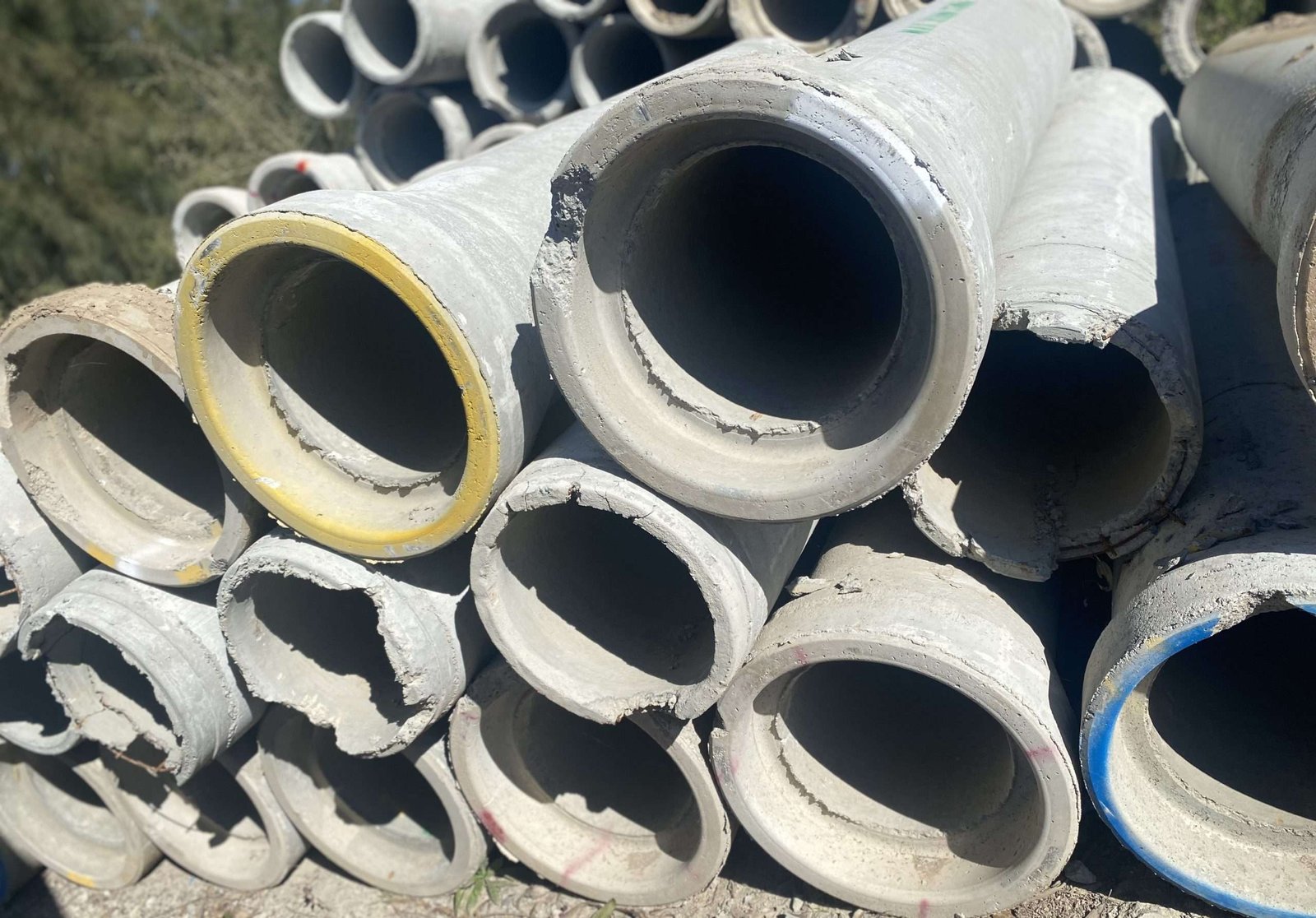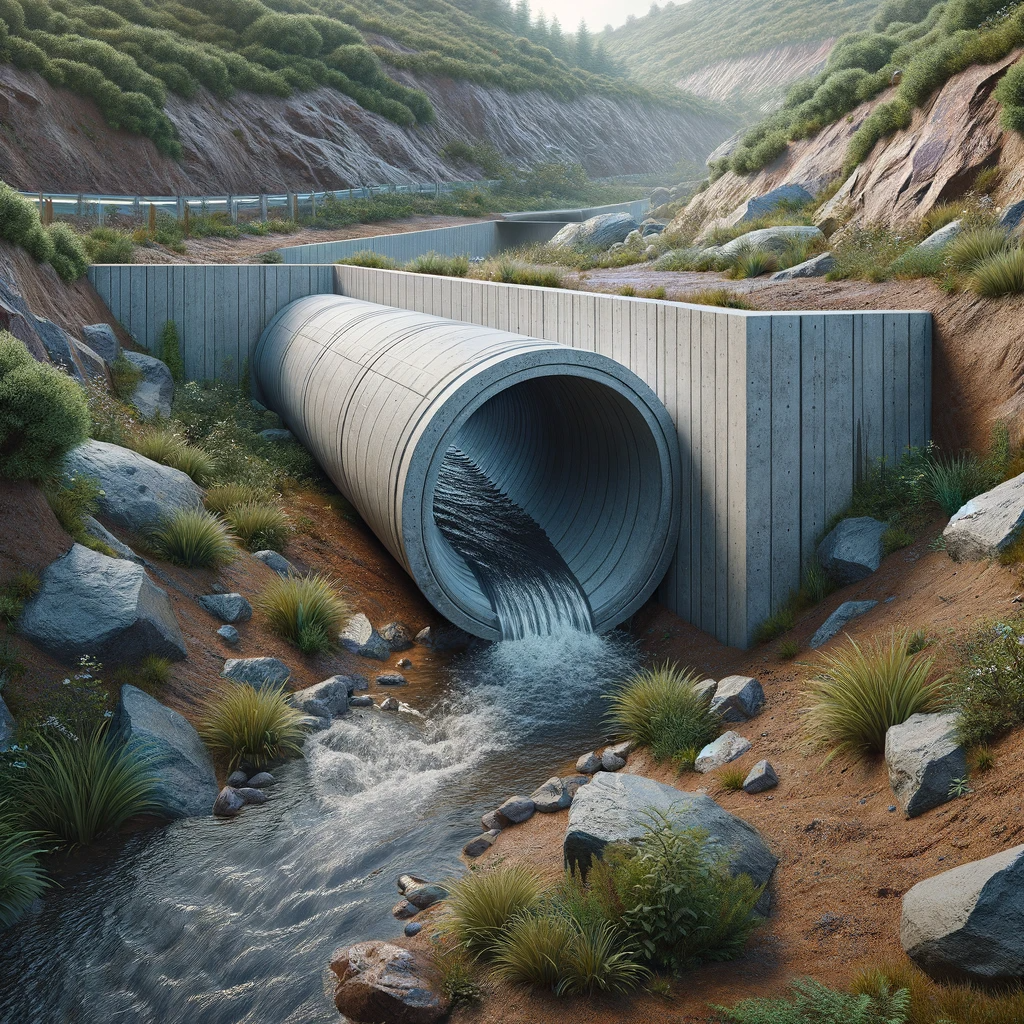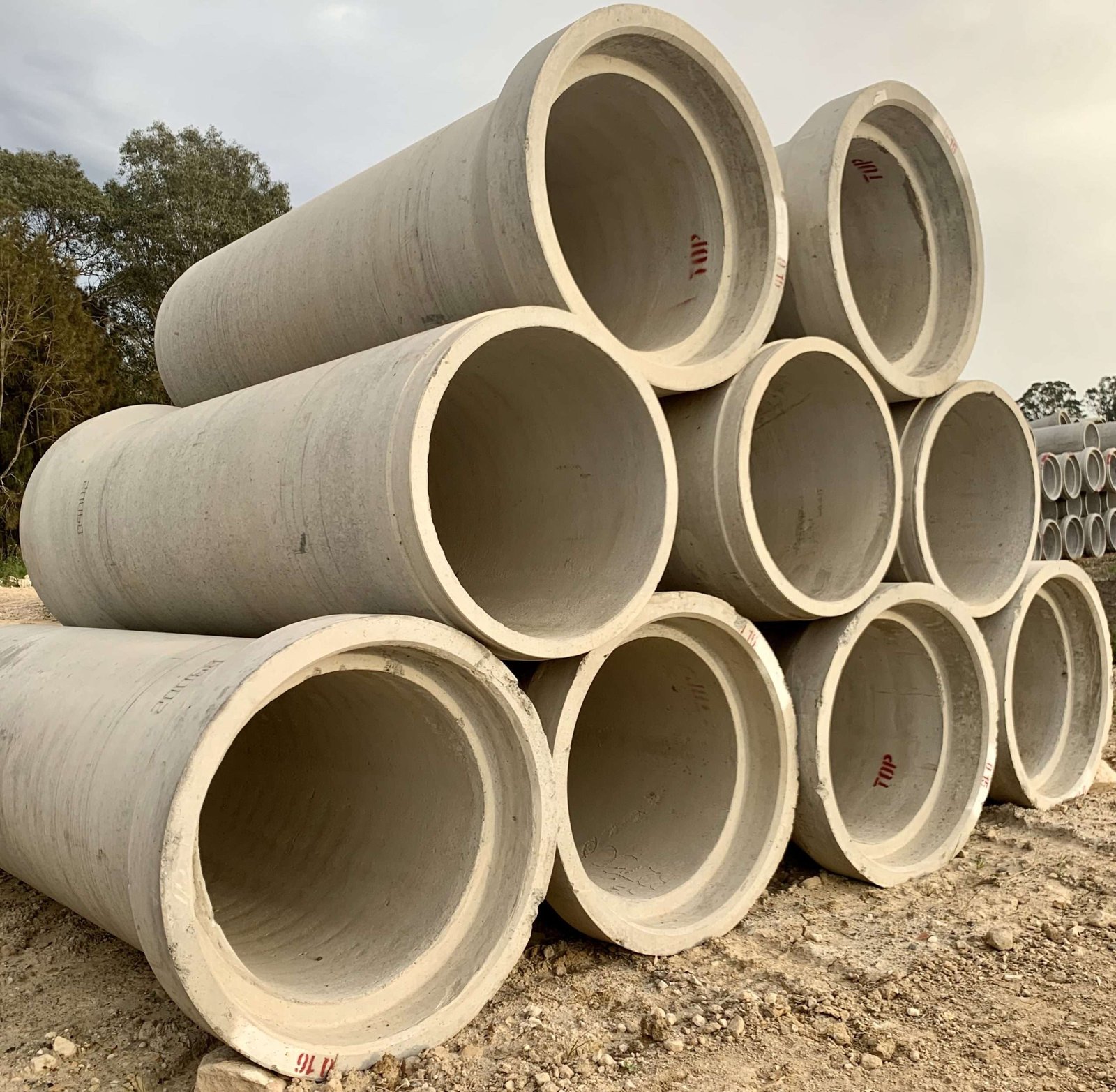Introduction:
Drainage and water management are pivotal in construction projects, from highways to housing developments. Concrete box culverts, offered by companies like Pipeline Seconds, stand out as a versatile and efficient solution for channeling water flow, balancing functionality with environmental considerations.
What is a Concrete Box Culvert?
Definition: A concrete box culvert is a rectangular structure typically used for water drainage and passage. It consists of a flat bottom, two side walls, and a top slab, all made of durable concrete.
Materials: The construction of box culverts uses various types of concrete, each with unique properties to suit specific environmental conditions and load requirements.
Sizes and Specifications: Box culverts come in various sizes to accommodate different volumes of water flow. Standard specifications can be found on Pipeline Seconds’ Concrete Culvert page.
Benefits of Concrete Box Culverts:
- Durability and Strength: Concrete box culverts are known for their longevity and ability to withstand heavy loads and harsh weather conditions.
- Versatility and Flexibility: Adaptable for numerous applications, they are used in drainage systems, underpasses, and even as storage solutions.
- Cost-Effectiveness: When compared to other culvert materials, concrete culverts are more affordable, particularly for large-scale projects.
- Easy Installation: Precast concrete culverts, like those provided by Pipeline Seconds, ensure a quicker and more efficient installation process.
- Low Maintenance: These culverts require minimal upkeep, further reducing long-term costs.
Applications of Concrete Box Culverts:
- Drainage Systems: They manage stormwater runoff effectively, preventing flooding and erosion.
- Road Construction: Used as underpasses, they facilitate efficient traffic flow and are integral in road construction.
- Bridges and Tunnels: Ideal for constructing robust bridges and tunnels.
- Storage and Containment: Suitable for water, chemicals, and other material storage.
- Landscaping and Design: Their aesthetic appeal allows for incorporation into landscape designs and retaining walls.
Choosing the Right Concrete Box Culvert:
- Factors to Consider: Project requirements, soil conditions, and budget are crucial in selecting the right culvert.
- Types of Box Culverts: Options include precast, cast-in-place, and reinforced concrete. Each has its merits, detailed on Pipeline Seconds’ website.
- Regulations and Standards: Adherence to local building codes is essential for a successful installation.
Conclusion:
Concrete box culverts are an outstanding choice for various construction needs due to their durability, versatility, and cost-effectiveness. For more information and expert advice, visit Pipeline Seconds’ Contact Page.
Additional Resources:


